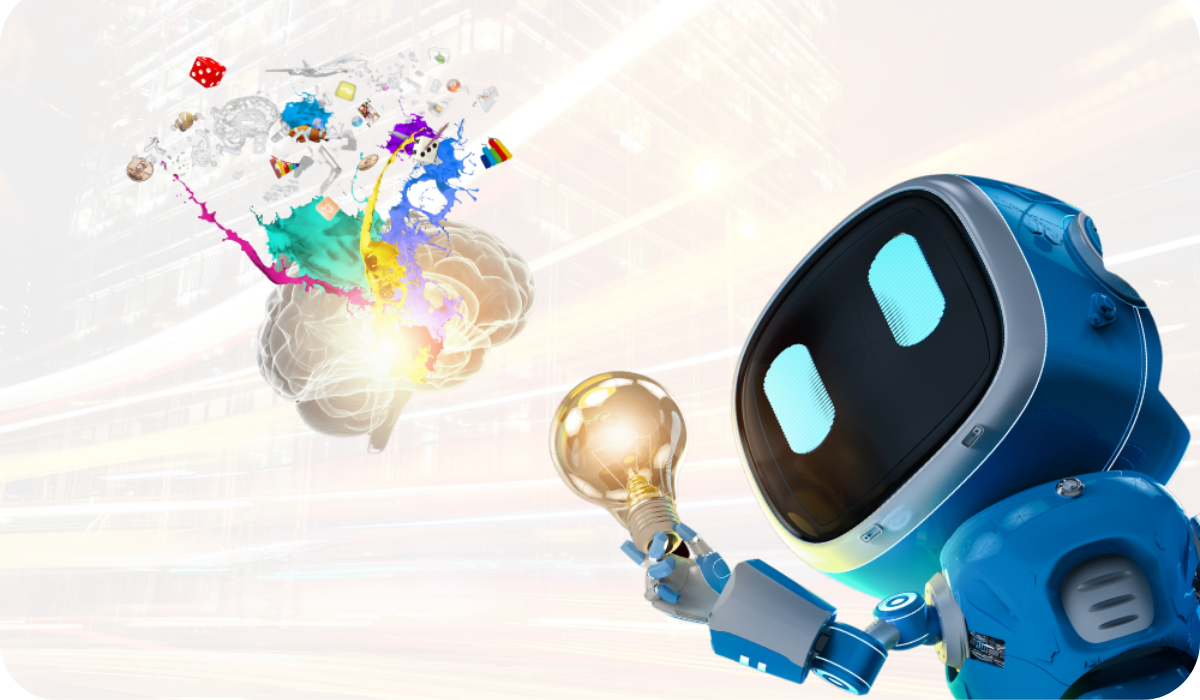Artificial intelligence and I have always had a thing because I was fascinated by the idea of machines thinking like humans. And when I moved from Nigeria to Scotland, I expected many things—cold weather, strong accents, and an undying love for haggis (which I’m still trying to wrap my head around). But what I didn’t expect was how much my love for Artificial Intelligence (AI) would shape my journey in this new land.
Yes, AI and I have always had a thing as mentioned earlier. Long before ChatGPT could whip up a perfect dinner recipe or predict my next awkward text, I was fascinated by the idea of machines thinking like humans. Now, as a Black immigrant in Scotland, AI is not just a fascination—it’s a survival tool, a professional ally, and sometimes, an unsuspecting cultural translator.


My Journey: Artificial Intelligence Inspired
Back in Nigeria then, Artificial Intelligence was more of a buzzword—something people either feared, misunderstood, or outright dismissed with “Na only God fit know tomorrow.” But for me, it was a doorway to endless possibilities. I was that person excited about chatbots, data algorithms, and machine learning while everyone else just wanted their Wi-Fi to stop acting up.
Landing in Scotland, however, was like stepping into an entirely new digital ecosystem. AI isn’t just a topic here; it’s part of everyday life. From self-checkouts that judge my snack choices to voice assistants that don’t always understand my Nigerian accent (Siri, I said ‘Jollof,’ not ‘giraffe’), AI is everywhere.
”Successful people have failure stories. Remember that when you’re tempted to quit”
AyaLash
AI: The Ultimate Cultural Translator
Let’s be honest—adapting to a new country is not always easy. There were moments of culture shock, language mix-ups, and my personal favorite—trying to decode the Glaswegian accent with Google Translate.
But AI made things smoother. Google Maps saved me from getting lost in Edinburgh’s winding streets. Duolingo tried (and failed) to teach me how to roll my ‘R’s in Scottish Gaelic. And ChatGPT? It became my late-night research partner for understanding Scottish history, explaining why kilts exist, and figuring out why everyone calls each other ‘pal.’
AI and the Black Immigrant Experience
Beyond the funny moments, AI has real implications for Black immigrants. It’s shaping job markets, influencing hiring decisions, and even predicting social trends. But it’s not perfect—AI models have been criticized for bias, often reflecting the inequalities of the world they’re trained on. As a Nigerian in tech, I see this as both a challenge and an opportunity.
How do we make AI more inclusive? How do we ensure that Black voices, accents, and cultures are not lost in the algorithm? These are the questions that keep me up at night (along with the unpredictable Scottish weather).
The Future: AI, Me, and You
AI is not some far-off futuristic dream—it’s already here, shaping how we work, communicate, and navigate new environments. For Black immigrants, embracing AI means leveraging its power while also advocating for fairness and representation.
So, whether you’re a fellow Artificial Intelligence enthusiast, a skeptic, or just someone wondering why Netflix keeps recommending weird documentaries, let’s talk! AI is shaping our world, and our stories—Black Scottish Stories—deserve to be part of that change.
Join the conversation on our platform—it’s easy and interactive! Sign up, share your experiences, post pictures and videos, and connect with others in our community. You can even join or create groups to discuss everything from AI to life as a Black immigrant in Scotland.
Follow us on social media to stay updated, engage with amazing stories, and be part of a growing community that celebrates our diverse experiences. Your story matters—let’s tell it together!

This is fabulous 😅
AI is closer to us than we thought. AI is indeed shaping our world.
I’m very happy that some organisations are adopting the use of AI. Be it to promote efficiency or ehance organisational processes.